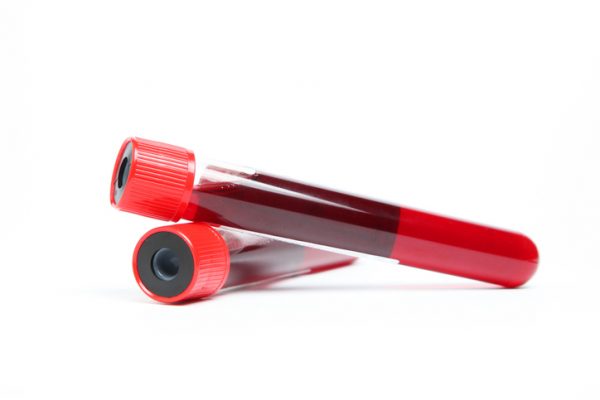
A Dutch biotech company developing a gene therapy for hemophilia has made a deal with the U.S.-based division of an Australian company that will enabled it to be marketed around the world.
Amsterdam-based uniQure said Wednesday that King of Prussia, Pennsylvania-based CSL Behring would acquire exclusive global rights to etranacogene dezaparvovec, uniQure’s gene therapy for hemophilia B, which is currently in Phase III development.
Under the terms of the deal, CSL Behring will pay uniQure $450 million upfront and up to $1.6 billion in regulatory and commercial milestone payments.
“The transaction represents a major milestone in the development of etranacogene dezaparvovec and, when closed, we expect that it will provide uniQure with significant financial resources to advance and expand our pipeline of gene therapy candidates, anchored by AMT-130 in Huntington’s disease, and to invest further in our leading gene therapy manufacturing and technology platform to support pipeline growth,” uniQure CEO Matt Kapusta said in a statement. AMT-130 is currently in Phase I/II development, according to the company’s pipeline page.
Nevertheless, shares of uniQure were down more than 19% on the Nasdaq in Thursday mid-morning trading following the news. CSL Behring, which is a division of Australia-based CSL Group, whose shares were up less than 1% on the Australian Securities Exchange.
Under the deal, uniQure will be responsible for completing the Phase III HOPE-B study and for manufacturing-related duties, while CSL Behring will be responsible for subsequent regulatory submissions and commercialization.

A Deep-dive Into Specialty Pharma
A specialty drug is a class of prescription medications used to treat complex, chronic or rare medical conditions. Although this classification was originally intended to define the treatment of rare, also termed “orphan” diseases, affecting fewer than 200,000 people in the US, more recently, specialty drugs have emerged as the cornerstone of treatment for chronic and complex diseases such as cancer, autoimmune conditions, diabetes, hepatitis C, and HIV/AIDS.
Despite the drop in uniQure’s share value, Cowen analyst Joseph Thome wrote in a note to investors that the terms of the deal were attractive and would give uniQure a substantial influx of money to invest in its existing pipeline or additional mergers and acquisitions. He added that the gene therapy is anticipated to be successful in Phase III development and subsequent clinical adoption, which would result in additional milestone payments and royalties, with global peak sales expected to reach $1.2 billion.
Another company developing gene therapies for hemophilia B is Roche’s Spark Therapeutics, which has a partnership with Pfizer to develop fidanacogene elaparvovec, currently in Phase III development.
Photo: harmpeti, Getty Images













